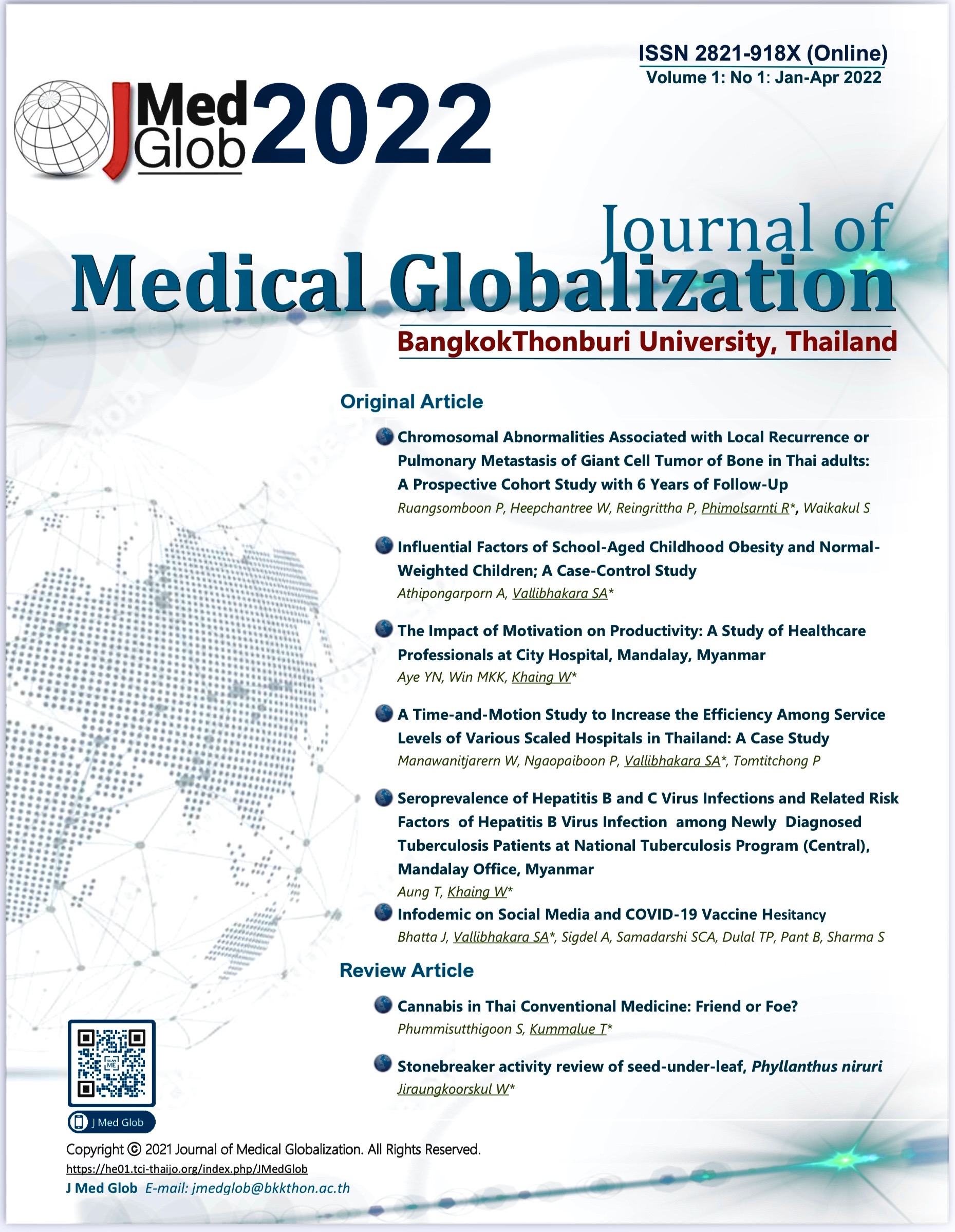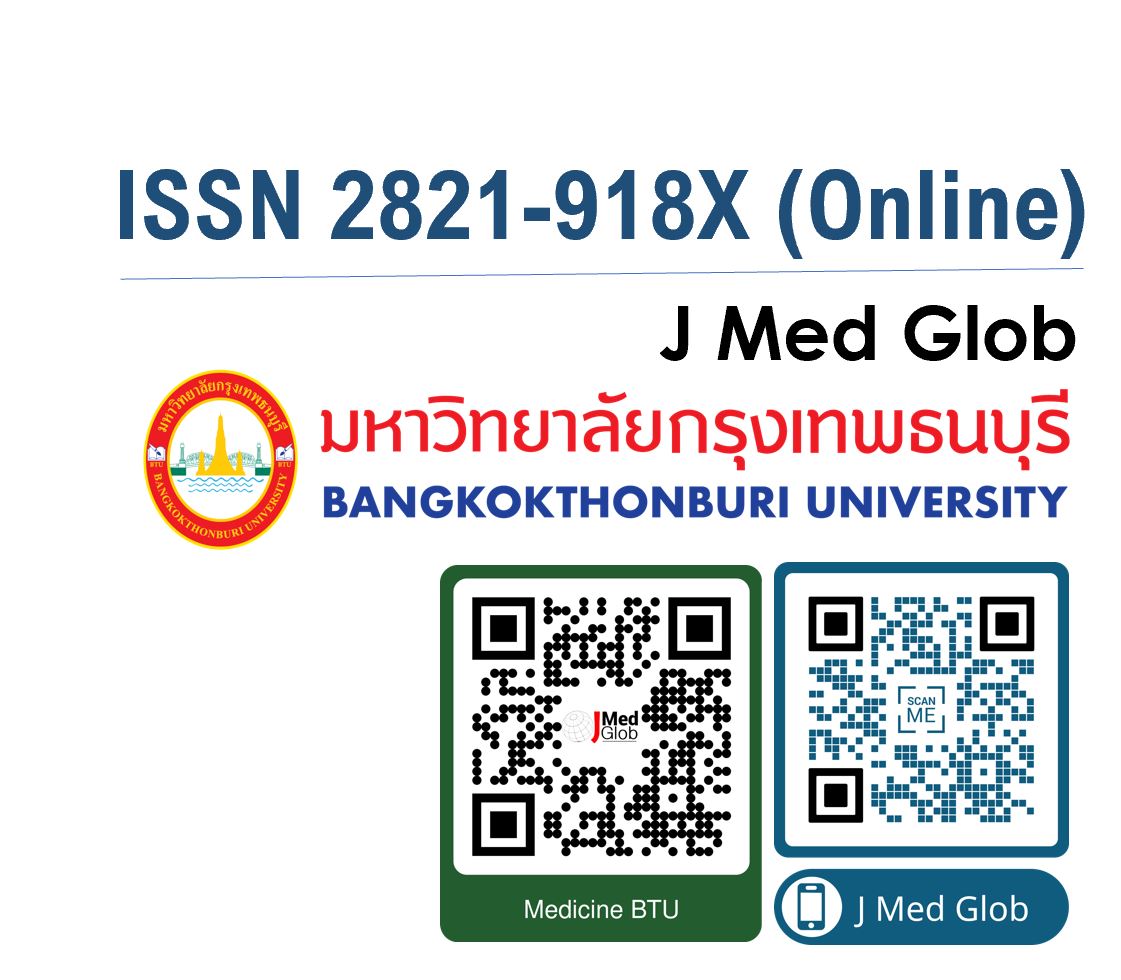Infodemic on social media and COVID-19 vaccine hesitancy
Keywords:
Infodemic, Social Media, COVID-19, Vaccine hesitancy, Information overloadAbstract
This study aims to understand the current COVID-19 vaccine hesitancy context and measures to overcome it. Assessing the challenge faced by campaigns against the vaccination on social media is vital, considering the emergence of the COVID-19 pandemic. Moreover, though there has been substantial advancement in vaccines over the last century, the re-emergence of vaccine-preventable infections has prompted the World Health Organization to recognize vaccine hesitancy as a significant challenge to public health. The strategies among the general public for the hesitancy to use any vaccines for the initial period might well be fueled by health information gathered from a range of outlets, especially social media. This is a significant public health issue and may compromise people into not using the vaccines. Therefore, there is a strong need for social media to control that false plethora of information and promote the message from internationally recognized and trusted organizations and the government bodies of respective countries. This study explores infodemic in social media and its impact on utilizing the COVID-19 vaccine. This review results can benefit further public health interventions related to vaccine utilization.
Keywords: Infodemic, Social Media, COVID-19, Vaccine hesitancy, Information overload
References
Andre FE, Booy R, Bock HL, Clemens J, Datta SK, John TJ, et al. vaccination greatly reduces disease, disability, death, and inequity worldwide. Bull World Health Organ 2008;86(2):140-6.
Puri N, Coomes EA, Haghbayan H, Gunaratne K. Social media and vaccine hesitancy: new updates for the era of COVID-19 and globalized infectious diseases. Hum Vaccin Immunother 2020;16(11):2586-2593.
Fisher A, Mbaeyi S, Cohn A. Addressing Vaccine Hesitancy in the Age of COVID-19. Acad Pediatr. 2021;21(4S): S3-S4.
Wilson SL, Wiysonge C. Social media and vaccine hesitancy. BMJ Global Health. 2020 1;5(10): e004206.
Callender D. Vaccine hesitancy: more than a movement. Hum Vaccin Immunother 2016;12(9):2464-8.
Rampal L, Liew BS, Choolani M, Ganasegeran K, Pramanick A, Vallibhakara SA, Tejativaddhana P, Hoe VC. Battling COVID-19 pandemic waves in six South-East Asian countries: A real-time consensus review. Med J Malaysia 2020;75(6):613-625.
Rampal S, Rampal L, Jayaraj VJ, Pramanick A, Choolani M, Liew BS, Gosavi A, Arj-Ong Vallibhakara S. The epidemiology of COVID-19 in ten Southeast Asian countries. Med J Malaysia 2021;76(6):783-791.
Bhatta J, Sharma S, Kandel S, Nepal R. Infodemic monikers in social media during COVID-19 pandemic. Asia Pac J Health Manag 2020;15(4):95.
Sharma S, Bhatta J. Public health challenges during the COVID-19 outbreak in Nepal: a commentary" J Health Res 2020; 34(4): 373-6.
Abd-Alrazaq A, Alhuwail D, Househ M, Hamdi M, Shah Z. Top concerns of tweeters during the COVID-19 pandemic: infoveillance study. J Med Internet Res 2020;22(4):e19016.
Mitra T, Counts S, Pennebaker J. Understanding Anti-Vaccination Attitudes in Social Media. Proceedings of the International AAAI Conference on Web and Social Media 2021;10(1):269-78.
Tafuri S, Gallone MS, Cappelli MG, Martinelli D, Prato R, Germinario C. Addressing the anti-vaccination movement and the role of HCWs. Vaccine. 2014 27;32(38):4860-5.
Hwang TJ, Rabheru K, Peisah C, Reichman W, Ikeda M. Loneliness and social isolation during the COVID-19 pandemic. Int Psychogeriatr 2020 32(10):1217-20.
Smith N, Graham T. Mapping the anti-vaccination movement on Facebook. Inf Commun Soc 2019;22(9):1310-27.
Lane S, MacDonald NE, Marti M, Dumolard L. Vaccine hesitancy around the globe: Analysis of three years of WHO/UNICEF Joint Reporting Form data-2015–2017. Vaccine 2018;36:3861–3867.
Wagner AL, Masters NB, Domek GJ, Mathew JL, Sun X, Asturias EJ, et al. Comparisons of Vaccine Hesitancy across Five Low- and Middle-Income Countries. Vaccine 2019;7:155.
Paul E, Steptoe A, Fancourt D. Attitudes towards vaccines and intention to vaccinate against COVID-19: Implications for public health communications. Lancet Reg Health Eur 2021 Feb;1:100012.
Olagoke AA, Olagoke OO, Hughes AM. Intention to Vaccinate Against the Novel 2019 Coronavirus Disease: The Role of Health Locus of Control and Religiosity. J Relig Health 2021;60(1):65-80.
Mitchell A, Gottfried J, Shearer E, Lu K. How Americans encounter, recall and act upon digital news. Pew Research Center 2017;9:9.
Bode L, Vraga EK. See Something, Say Something: Correction of Global Health Misinformation on Social Media. Health Commun. 2018;33(9):1131-40.
Broniatowski DA, Jamison AM, Qi S, AlKulaib L, Chen T, Benton A, Quinn SC, Dredze M. Weaponized Health Communication: Twitter Bots and Russian Trolls Amplify the Vaccine Debate. Am J Public Health. 2018 ;108(10):1378-84.
Pariser E. The filter bubble: What the Internet is hiding from you. London: Penguin UK; 2011.
González-Padilla DA, Tortolero-Blanco L. Social media influence in the COVID-19 Pandemic. Int Braz J Urol 2020;46(suppl.1):120-124.
Zarocostas J. How to fight an infodemic. Lancet 2020;395:676.
Hua J, Shaw R. Corona Virus (COVID-19) “Infodemic” and Emerging Issues through a Data Lens: The Case of China. Int J Environ Res Public Health 2020; 17:2309.
Basch CH, Zybert P, Reeves R, Basch CE. What do popular YouTubeTM videos say about vaccines?. Child Care Health Dev 2017;43(4):499-503.
Li HO, Bailey A, Huynh D, Chan J. YouTube as a source of information on COVID-19: a pandemic of misinformation? BMJ Glob Health 2020;5(5):e002604.
Jan T, Stefan D, Sören H, Alvarado PN, Richard S. The Quality of Government Basic Dataset, version 2018. University of Gothenburg. http://www.qog.pol.gu.se.
Yuan X, Schuchard RJ, Crooks AT. Examining Emergent Communities and Social Bots Within the Polarized Online Vaccination Debate in Twitter. Social Media + Society 2019;5(3):2056305119865465.
Giese H, Neth H, Moussaïd M, Betsch C, Gaissmaier W. The echo in flu-vaccination echo chambers: Selective attention trumps social influence. Vaccine. 2020 18;38(8):2070-76.
Gallotti R, Valle F, Castaldo N, Sacco P, Domenico MD. Assessing the risks of ‘infodemics’ in response to COVID-19 epidemics. Nat Hum Behav 2020; 4 : 1285-93
World Health Organization. Let’s flatten the infodemic curve; 2022 [cited 2022 Mar 11].Available from: https://www.who.int/news-room/spotlight/let-s-flatten-the-infodemic-curve
Published
How to Cite
Issue
Section
License
Copyright (c) 2022 Journal of Medical Globalization

This work is licensed under a Creative Commons Attribution-NonCommercial 4.0 International License.








